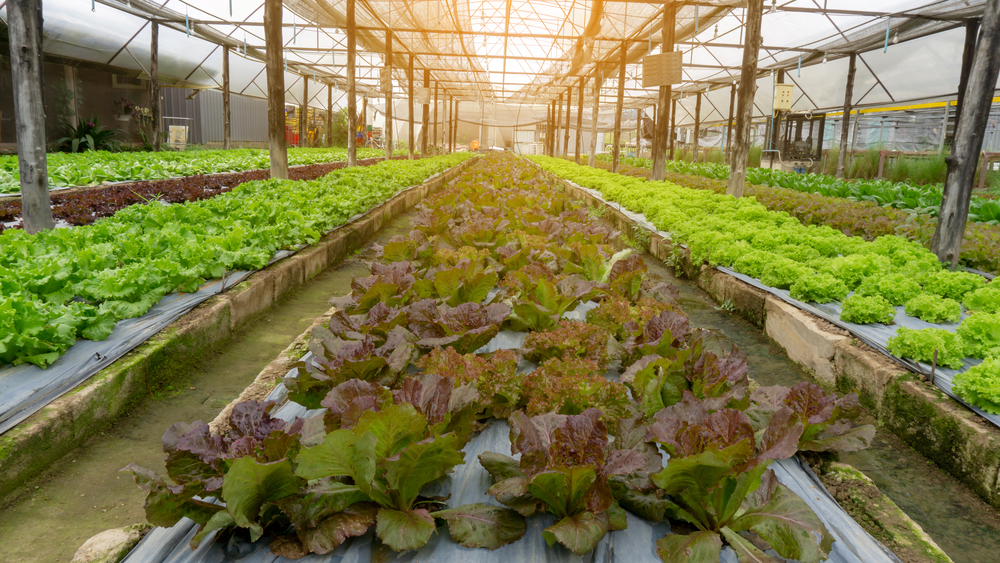The quest for a sustainable food supply is a multifaceted challenge that requires collaboration among investors, consumers, policymakers, and scientists. Insights from the UN Food and Agriculture Organization (FAO) highlight the pressing need to address food insecurity amid growing global climate concerns.
Growing Hunger Concerns: Despite UN Sustainable Development Agenda’s “Zero Hunger” goal for 2030, the percentage of undernourished people has surged since 2020. The FAO emphasizes this unsettling trend, emphasizing the world’s backward movement in ending hunger and malnutrition.
Demand Challenges: Rising global population, coupled with increased demands for meat and animal products among wealthier societies, necessitates more feed and food crops. However, this escalates deforestation, a significant result of expanded agricultural land.
Food Loss and Waste: Approximately one-third of global food production is lost between farm and fork. Developing countries face losses earlier in the supply chain, while developed nations grapple with substantial waste at retail and consumer levels.
The need for alternative protein sources and consumer shifts toward products with lower land use intensity, like plant-based alternatives, stands out as a crucial strategy to curb deforestation and reduce greenhouse gas emissions in the agricultural sector. Addressing food loss and waste requires distinct solutions in developing and developed nations, emphasizing infrastructure improvements and consumer behavioral changes, respectively.
The agricultural sector’s impact on climate, accounting for 30% of global emissions, underscores the urgency to balance increasing food demands while mitigating environmental repercussions. Precision agriculture emerges as a critical avenue, aiming to enhance land productivity while minimizing natural resource inputs.
Advancements in precision agriculture technology and practices are pivotal to achieve greater land productivity with fewer resource inputs. This includes optimizing irrigation strategies, crop protectants, and fertilizer usage to reduce waste and environmental harm.
The imperative to address climate concerns while meeting food demands necessitates collective action. Investors, companies, consumers, policymakers, and scientists play pivotal roles in securing a sustainable global food supply by embracing sustainable practices, reducing waste, and enhancing productivity through technological innovations.
This analysis draws insights from UBS.com article “Securing a sustainable food supply.”



